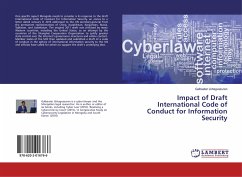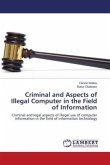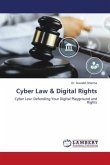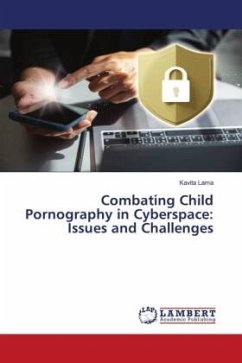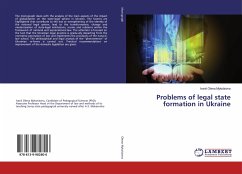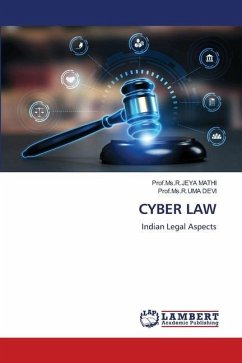One specific aspect Mongolia needs to consider is its response to the draft International Code of Conduct for Information Security, an annex to a letter dated January 9, 2015 addressed to the UN secretary-general from the permanent representatives of China, Kazakhstan, Kyrgyzstan, Russia, Tajikistan, and Uzbekistan. The original 2011 draft was criticized by many Western countries, including the United States, as an attempt by the countries of the Shanghai Cooperation Organization to justify greater state control over the Internet's governance structures and online content. Member states of the SCO then updated and submitted a draft of a code of conduct in the sphere of international information security to the UN and officials have called for others to support the draft's underlying idea.
Bitte wählen Sie Ihr Anliegen aus.
Rechnungen
Retourenschein anfordern
Bestellstatus
Storno

